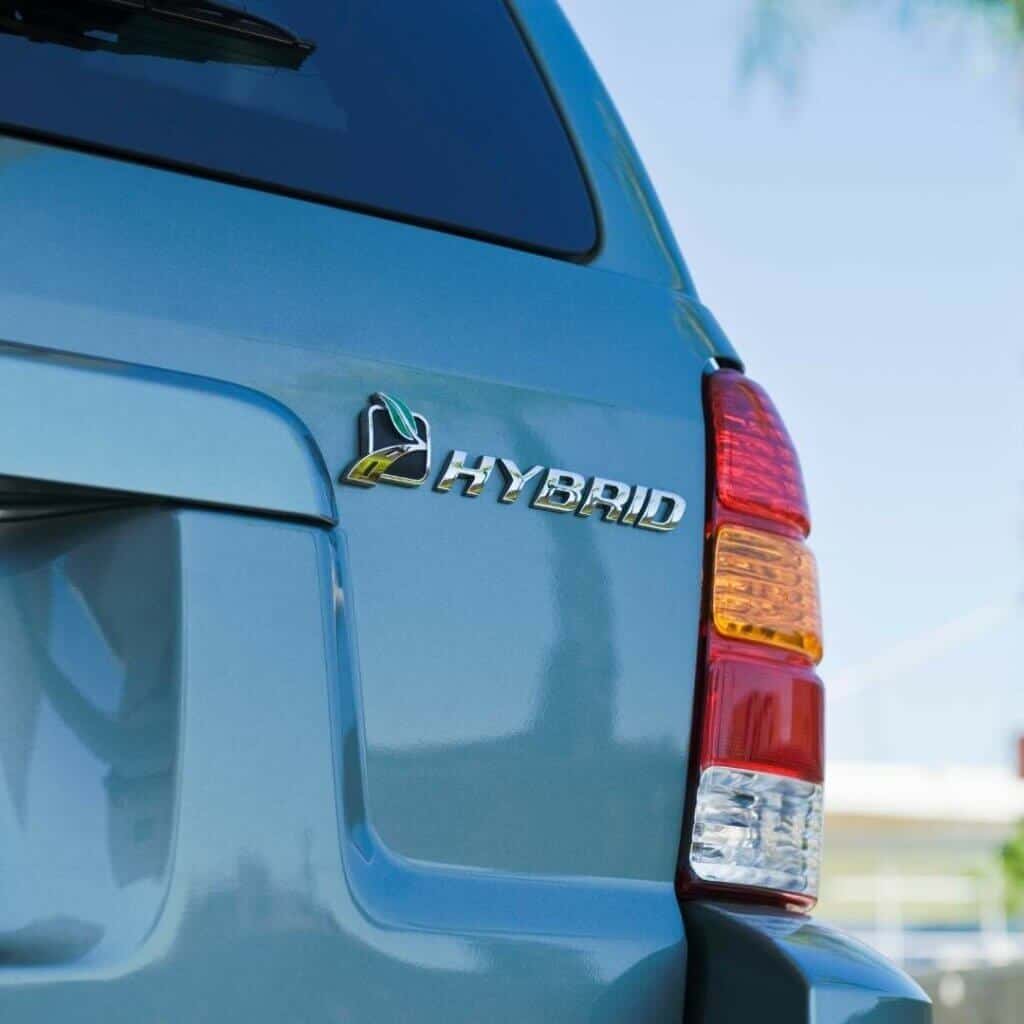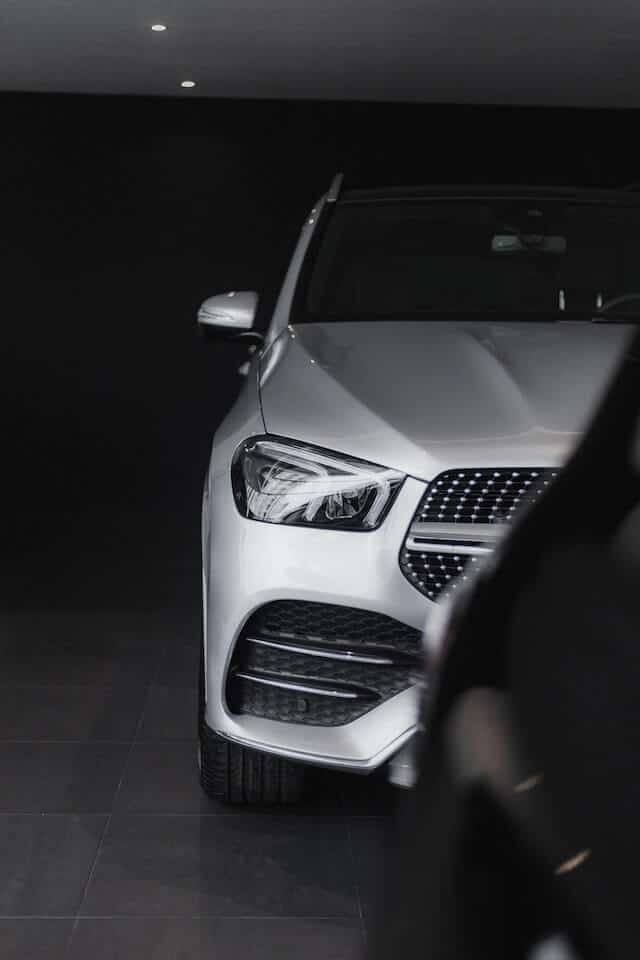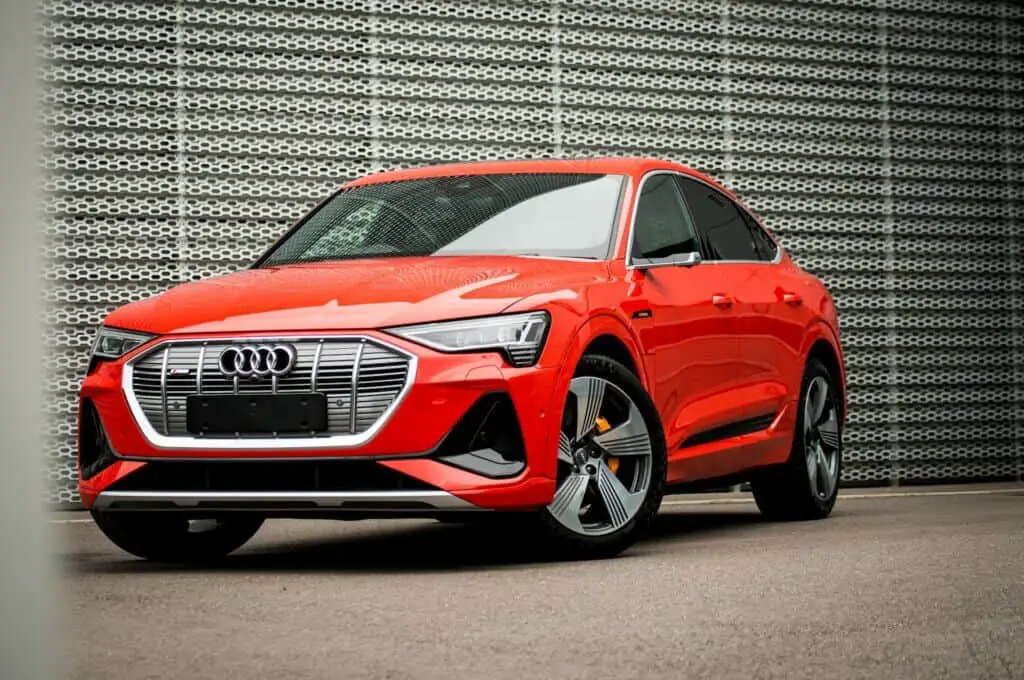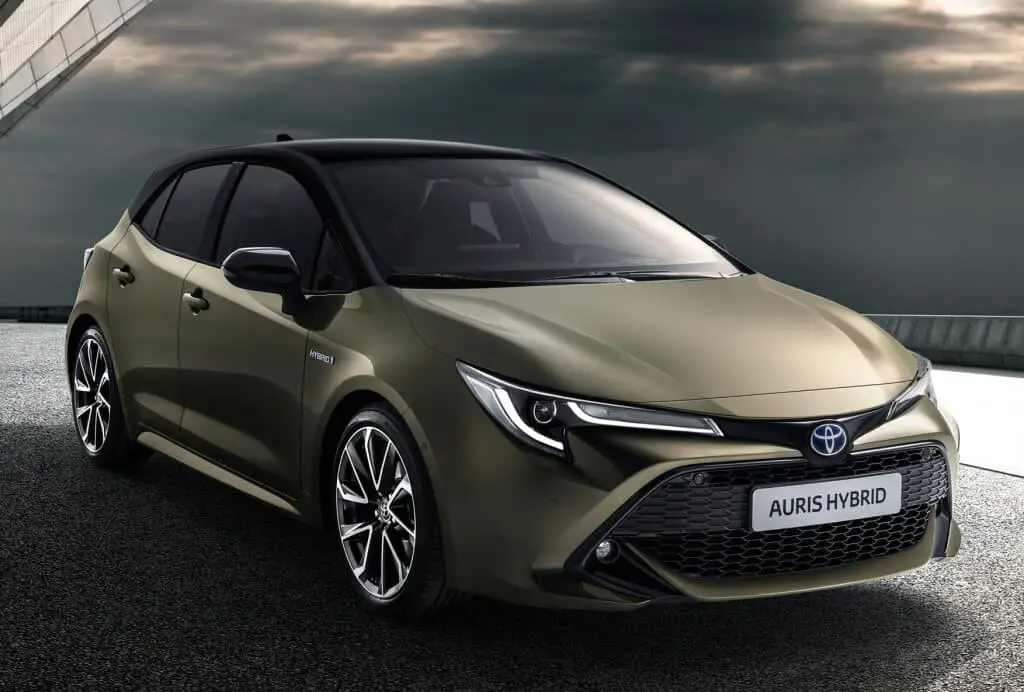Are you familiar with Mercedes E300 Hybrid problems?
The Mercedes E300 Hybrid is a luxurious midsize sedan with a hybrid powertrain. The car is engineered to deliver the ultimate performance, luxury, and fuel efficiency.
It has a 2.0L turbocharged four-cylinder engine and an electric motor. The E300 Hybrid also features an all-wheel-drive system and an array of advanced driver assistance features.
In addition, its advanced safety features and state-of-the-art technology make it an attractive option for luxury car buyers.
Despite its impressive performance and features, the Mercedes-Benz E300 Hybrid is not immune to problems. As a result, some owners have encountered various issues with their vehicles.
This article will discuss the most common problems experienced by owners of the Mercedes-Benz E300 Hybrid, as well as insights into possible solutions.
Mercedes E300 Hybrid Problems
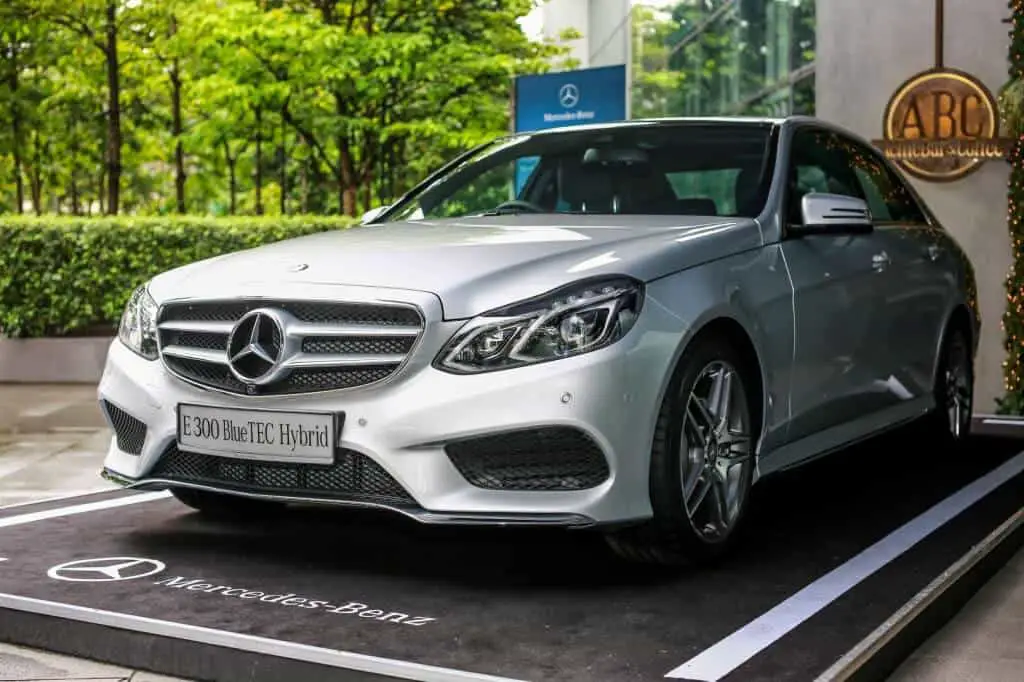
The most common problems with the Mercedes E300 Hybrid include batteries, engines, hybrid powertrains, electrical systems, brake systems, rust, suspension, air conditioning system, and transmission issues.
The battery is an essential component of the car, and it can fail over time due to improper charging or a defect in the battery itself. As a result, the engine can experience problems such as rough idling, poor acceleration, and excessive fuel consumption.
There have been reports of engine stalling and difficulty starting in cold weather. Additionally, some owners have reported issues with the car’s air conditioning system and a check engine light that is on even when there are no faults with the vehicle.
- Battery issues
The battery of the Mercedes E300 Hybrid is a critical component and should be regularly serviced. The car has a history of premature battery failure, as the battery cannot hold a charge for long periods.
A faulty charging system or a defective battery can cause this. Poor charging habits can also cause the battery to degrade and eventually fail. If the battery dies, the car will not start and needs to be taken to a service center for repair or replacement.
Additionally, the battery can be damaged if exposed to extreme temperatures. If the battery is not working properly, it may require a total replacement [1].
Some drivers have noted that the battery life is shorter than expected and can require frequent charging to keep the car running. Additionally, some owners have reported that the battery will die unexpectedly, leaving the vehicle stranded until it can be recharged.
- Engine issues
The engine of the Mercedes e300 Hybrid is a complex system that can experience a variety of problems. Engine misfiring is among the most common issues reported by owners of the Mercedes E300 Hybrid. This issue is caused by various factors, including a faulty spark plug, and worn valve seals.
A clogged fuel filter, oxygen sensor malfunction, fuel pump failure, or faulty mass air flow sensor can also be to blame for this problem. Therefore, it is essential to diagnose the exact cause of engine misfiring to fix the issue.
Other common engine issues include rough idling, poor acceleration, and excessive fuel consumption. Engine stalling is another identified issue.
This problem can be caused by a faulty fuel system, which might cause the car to stall without warning. The problem is exacerbated in cold weather, as the fuel system might become clogged and cause the car to struggle to start.
- Electrical System Issues
The E300 hybrid has a complex electrical system that is prone to issues. The most common electrical system issues reported include faulty wiring, a dead battery, a faulty starter motor, and a faulty alternator.
An expert must check the electrical system if these issues arise, as it is dangerous to drive with a defective electrical system [5].
- Brake System Problems
Brake system failure is another issue that the Mercedes-Benz E300 Hybrid owners have experienced. Problems include the brakes making a grinding noise, not responding correctly, being too sensitive, and failing to engage [6].
- Transmission Problems
The transmission of the Mercedes e300 Hybrid is another complex system that can experience various issues. Common transmission problems include slipping, jerking, and a lack of responsiveness.
Some factors, including low fluid levels, worn components, or a faulty transmission control module, can cause these issues. If the transmission is not functioning correctly, it may need to be serviced or replaced. [7]
The transmission of the E300 Hybrid can also experience other problems, such as a faulty torque converter or a faulty transmission filter. Therefore, it is essential to diagnose the exact cause of the transmission issue to fix it.
Another common complaint about the Mercedes-Benz E300 Hybrid is powertrain issues. The Mercedes-Benz E300 hybrid powertrain is prone to malfunctioning.
Many drivers have reported that the transmission tends to hesitate or slip when shifting gears, while others have noted that the engine can respond slowly. In some cases, the engine can even stall when trying to accelerate.
- Rust issues
Any Mercedes E-Class vehicle without metallic paint is prone to rust and paint chips. To prevent it from spreading, rusted areas should be treated as soon as possible.
Mercedes E-Class cars typically develop rust in the wheel arches and boot handles. The wrong paint job on this car has drawn much criticism.
You must have this taken care of immediately to prevent any additional damage. Mercedes will fix the problem for free if the warranty covers the car. Otherwise, you are responsible for finding a solution. Have a professional handle the rust treatment for you.
- Air Conditioning System Problems
The air conditioning system of the E300 Hybrid can experience some problems. The most common issues reported include a noisy compressor, a failed condenser, a clogged expansion valve, or an evaporator temperature sensor failure.
A professional must check the air conditioning system if these issues arise, as driving with a faulty air conditioning system is dangerous.
- Suspension Issues
Some Mercedes-Benz E300 Hybrid owners have reported suspension system trouble. Issues include the suspension being too stiff, making noise, and failing to provide adequate shock absorption.
Shock absorbers tend to be noisy. Some owners have claimed that this is a recurring problem with the vehicle. At first, it might not seem like a significant deal. But it can become unpleasant with time. This again comes down to how well the suspension as a whole was installed.
Possible Solutions
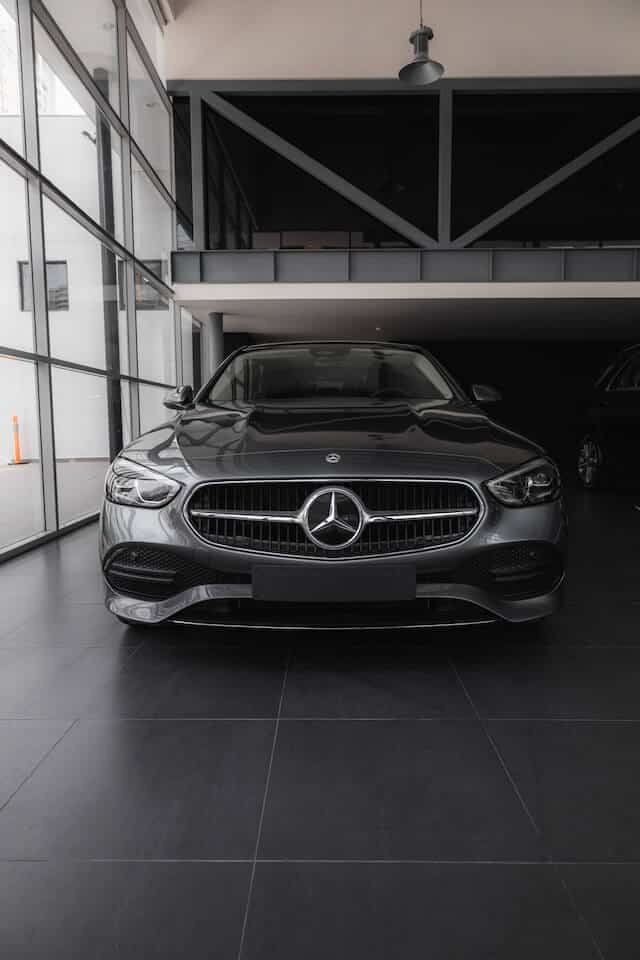
The best way to avoid problems with the Mercedes e300 Hybrid is to have it serviced regularly. Regular maintenance can prevent minor issues from becoming major problems. It is also the best way of extending the car’s life and ensuring that it serves you for long.
The battery should also be charged periodically to ensure it functions correctly. If any components become damaged or defective, they should be replaced or repaired as soon as possible. This will ensure the car runs smoothly.
Read Also: Mercedes S400 Hybrid Problems
Conclusion
The Mercedes-Benz E300 Hybrid is a luxury sedan that offers a unique blend of power and fuel efficiency. However, it is not immune to problems, and some owners have reported various vehicle issues.
The most common problems are related to the engine, transmission, brake, air conditioning, suspension, and electrical systems.
While some of these issues can be fixed without professional help, it is best to have the vehicle checked by an experienced mechanic, as some of these problems may require more extensive repairs.
However, once the Mercedes Hybrid E300 problems are solved, the car will operate optimally without any annoying issues.
As a result, you will get to enjoy a smooth and comfortable ride with all the benefits of a hybrid vehicle, such as increased fuel efficiency and reduced emissions.
Read Also: Mercedes C350e Hybrid Problems

